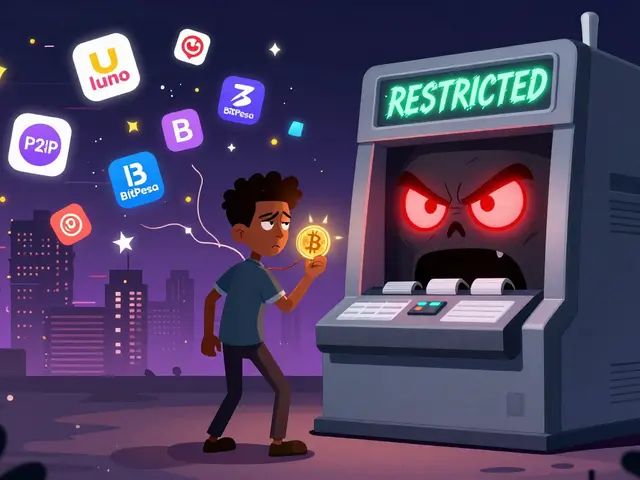Residential Proxies: What They Are and How They Help with Crypto Trading
When you use a residential proxy, a real home internet connection routed through a third party to hide your true location. Also known as home proxy, it lets you appear as if you're browsing from someone’s house in Tokyo, Lagos, or Chicago—instead of your own IP. Unlike data center proxies that come from cloud servers and get flagged by exchanges, residential proxies use actual devices connected to ISPs. That’s why platforms like Binance, Kraken, or Coinbase often let them through when they block everything else.
Traders in countries with strict crypto rules—like Nigeria, Bangladesh, or Vietnam—use residential proxies to bypass local blocks. They’re also common among people running multiple exchange accounts, testing regional pricing, or accessing airdrops limited to certain regions. These proxies aren’t magic; they’re just the closest thing to being physically there. But they need to be reliable. A bad proxy that drops connections or gives you the same IP as 50 others defeats the whole purpose. You need IP rotation, the ability to switch between different real home IPs automatically. Also known as dynamic IP switching, it helps avoid detection when you’re logging in or trading frequently. Without it, you’ll get locked out faster than you can say "2FA".
Residential proxies aren’t the same as VPNs, a tool that encrypts your traffic and masks your location, often using centralized servers. Also known as virtual private network, it’s great for privacy but usually too obvious for crypto exchanges that actively block known VPN IPs. Proxies don’t encrypt your data—they just change your visible IP. That’s why they’re preferred for exchange access: they look more natural. But they’re not secure by default. You still need strong passwords, 2FA, and clean devices. Using a proxy won’t protect you from phishing or malware. It just helps you get past the gatekeepers.
Some users think residential proxies are only for bots or scalpers. Not true. If you’re a regular trader in a restricted country, or you’re trying to claim an airdrop that asks for a US or EU IP, this is your workaround. It’s not about hiding from the law—it’s about working around technical blocks that don’t consider your real situation. The posts below show real cases: how Bangladeshis use them to access Binance, why Nigerian traders rely on them during enforcement gaps, and how fake exchanges like CreekEx or Woof Finance try to trap people who think a proxy makes them safe. They don’t. A proxy hides your location, not your mistakes.





